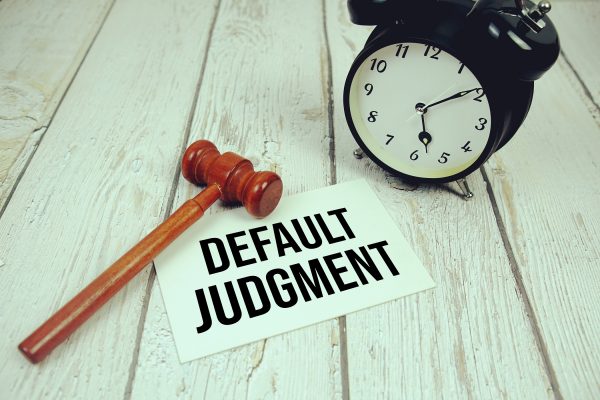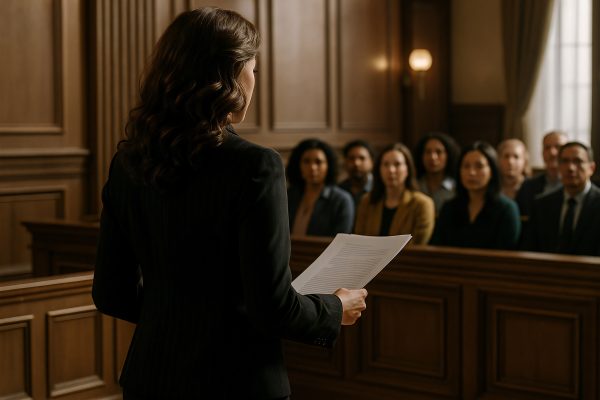Expert evidence can be crucial to the success or failure of disputes with customers. In situations where a dispute arises on the question of liability for faults in a claim, there are several scenarios where it quickly becomes imperative to obtain strong objective expert evidence. For example, a case can turn on a judge’s preference for one expert’s analysis over that of another or indeed the lack thereof.
An overview of the most common scenarios requiring objective expert input includes when:
- it’s been more than six months since the customer bought the vehicle that they want to reject or they are seeking to obtain some other remedy from the dealership. This is because, under the Consumer Rights Act 2015, the customer has the burden to prove that the dealership sold the car when it was faulty.
- a manufacturer has declined the customer’s warranty claim because their assessment concluded the issue was not due to a manufacturing defect.
- an extended warranty provider has declined a customer’s claim because the issue and/or part isn’t covered under the terms and conditions of the warranty, i.e. it is alleged the fault is due to wear and tear but this is denied by the customer.
- a customer thinks a dealership or garage has failed to service their vehicle properly, their diagnosis of reported issues is incorrect, accuses them of completing unnecessary repairs, or alleges that the repairs completed failed to solve their vehicle’s problem.
Dealers are often reluctant for various reasons to obtain independent expert reports and prefer to rely on their own available evidence, that of garages or other third parties organisations that may be persuasive to varying degrees in the individual matter. [DE1] While the parties who provide these reports may be considered independent because instructions were agreed upon with the customer, the provisions of Part 35 of the Civil Procedure Rules (CPR) and its accompanying Practice Directions are very specific on what qualifies as independent expert evidence that would be admissible in proceedings.
This means, based on the instructions the independent expert was given, the available engineering evidence may fail to meet the CPR standards due to an unclear explanation of the conclusions drawn from the vehicle’s examination. More importantly, there is often a failure to disclose the range of potential repair costs applicable to the individual case to indicate the difference between the vehicle and/or its affected part(s) being written off or being repairable. Further, there would often be no comments on whether the vehicle remains roadworthy or not, which is a key consideration in the context of the Consumer Rights Act 2015 as applicable in such cases.
An expert report gives you the ability to communicate with clear reasoning the points for all disputes whether escalated to court or not. The expert report is likely to be a key factor influencing a judge’s decision. Even where the dispute involves modest sums and relatively lower valued vehicles, dealers should be aware that in many cases it is unlikely to be considered disproportionate to refuse to allow customers who are acting as litigants in person, to obtain expert reports at cost. Especially when the argument to balance the interests of both parties, taking into account the overriding objective and the interests of justice, is presented before judges.
[DE1]I am interpreting this highlighted copy as the dealers relying on evidence from companies that are biased towards the dealer? Your thoughts?

Need help with keeping on track with FCA Regulation and Compliance? Partner with Automotive Compliance








